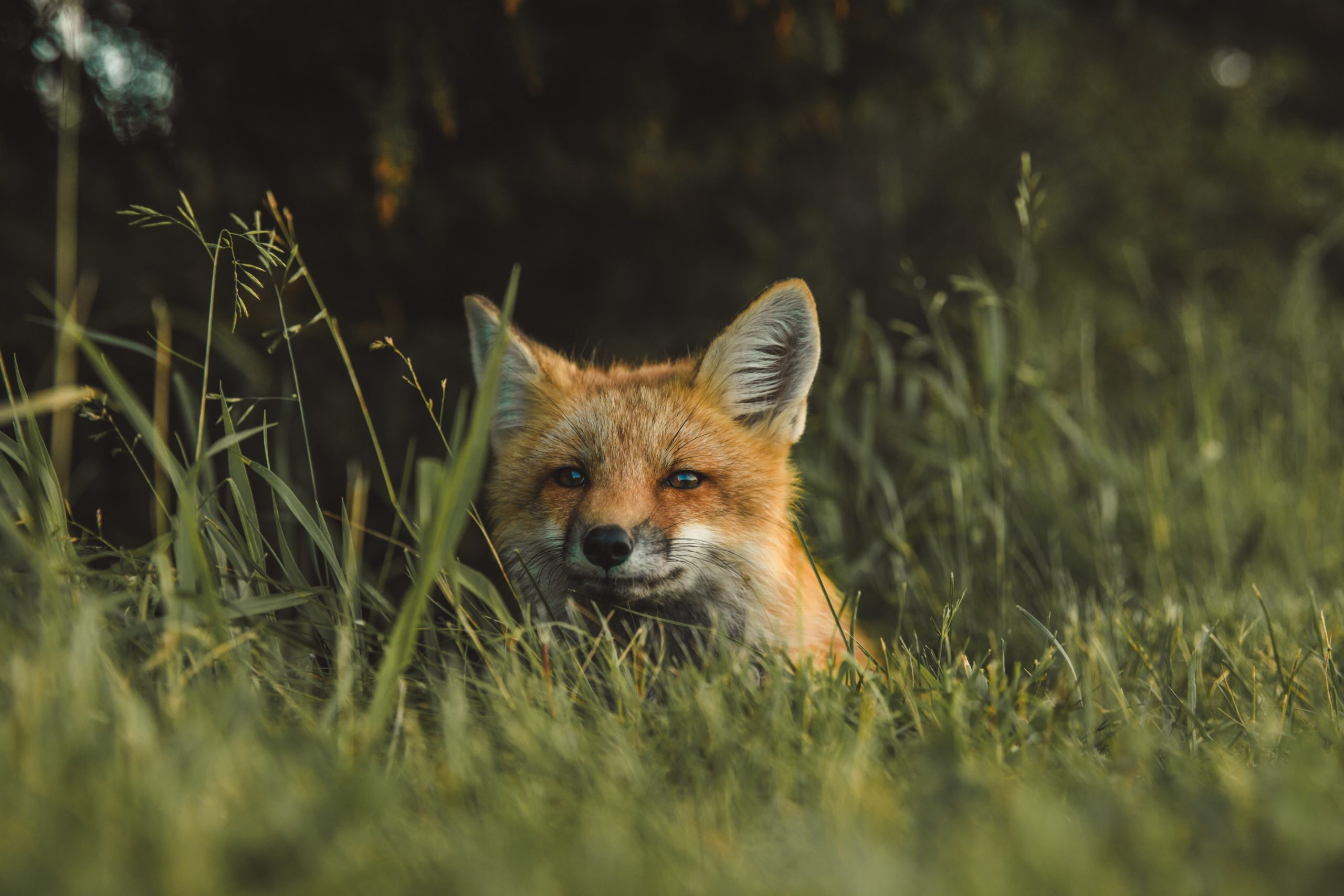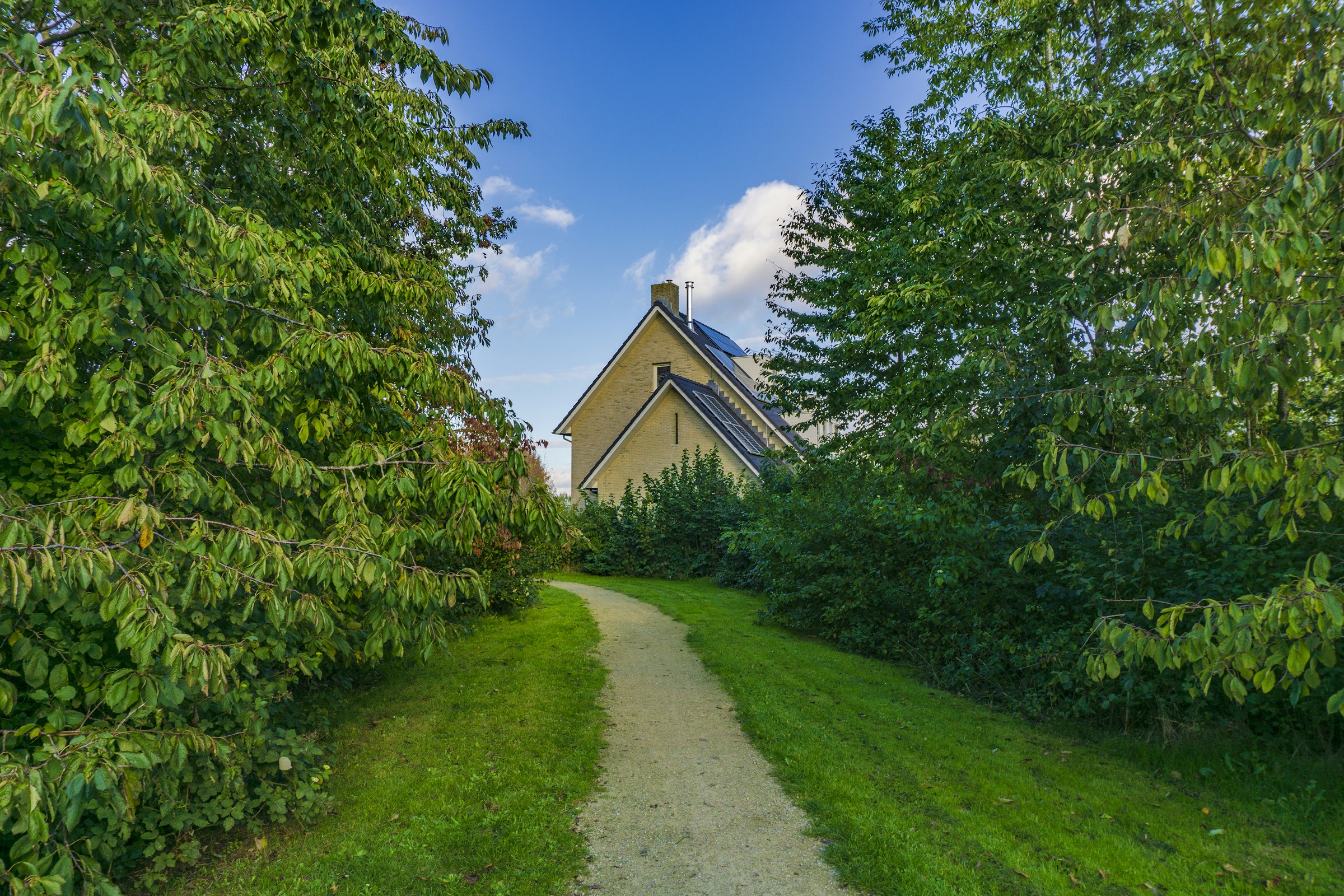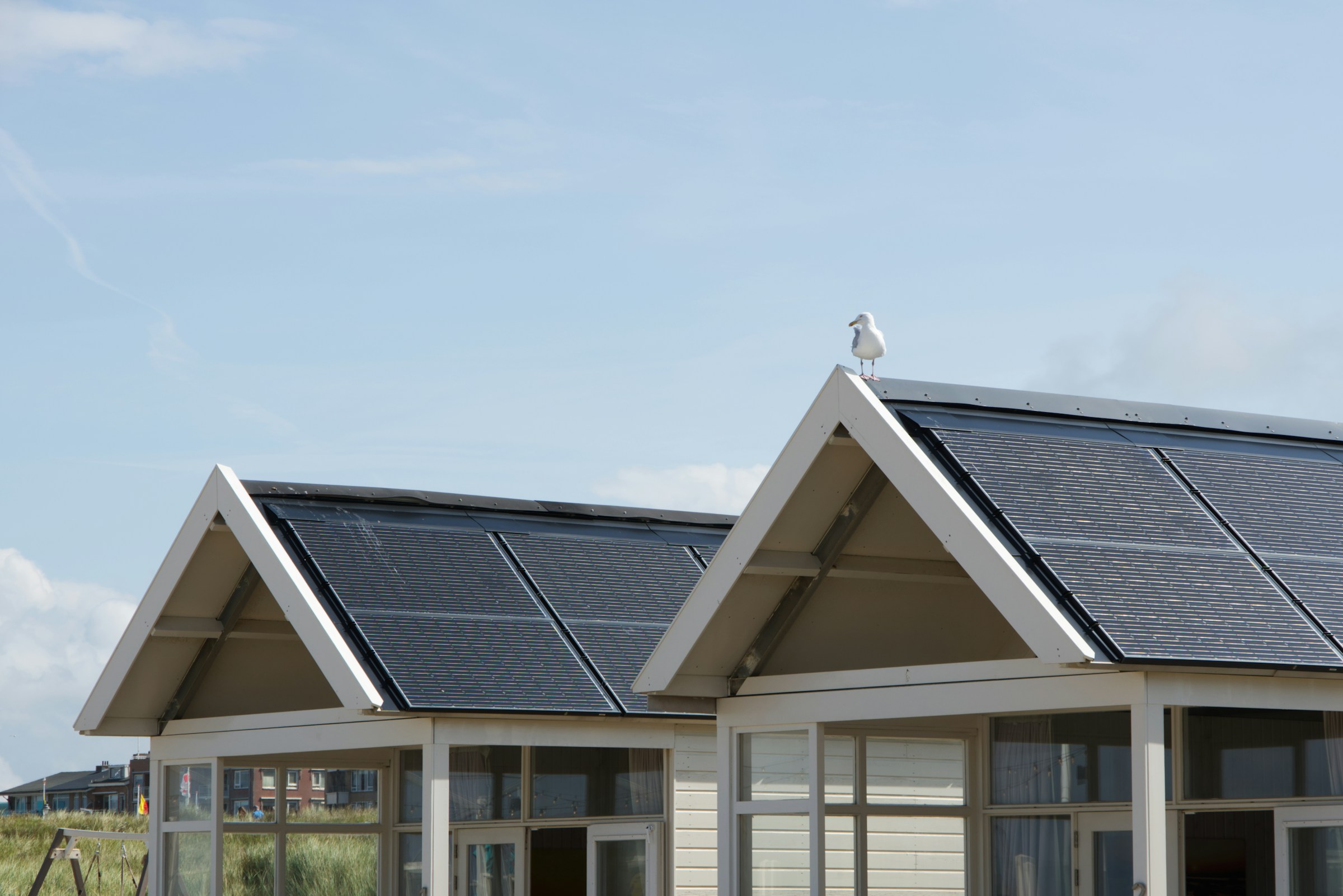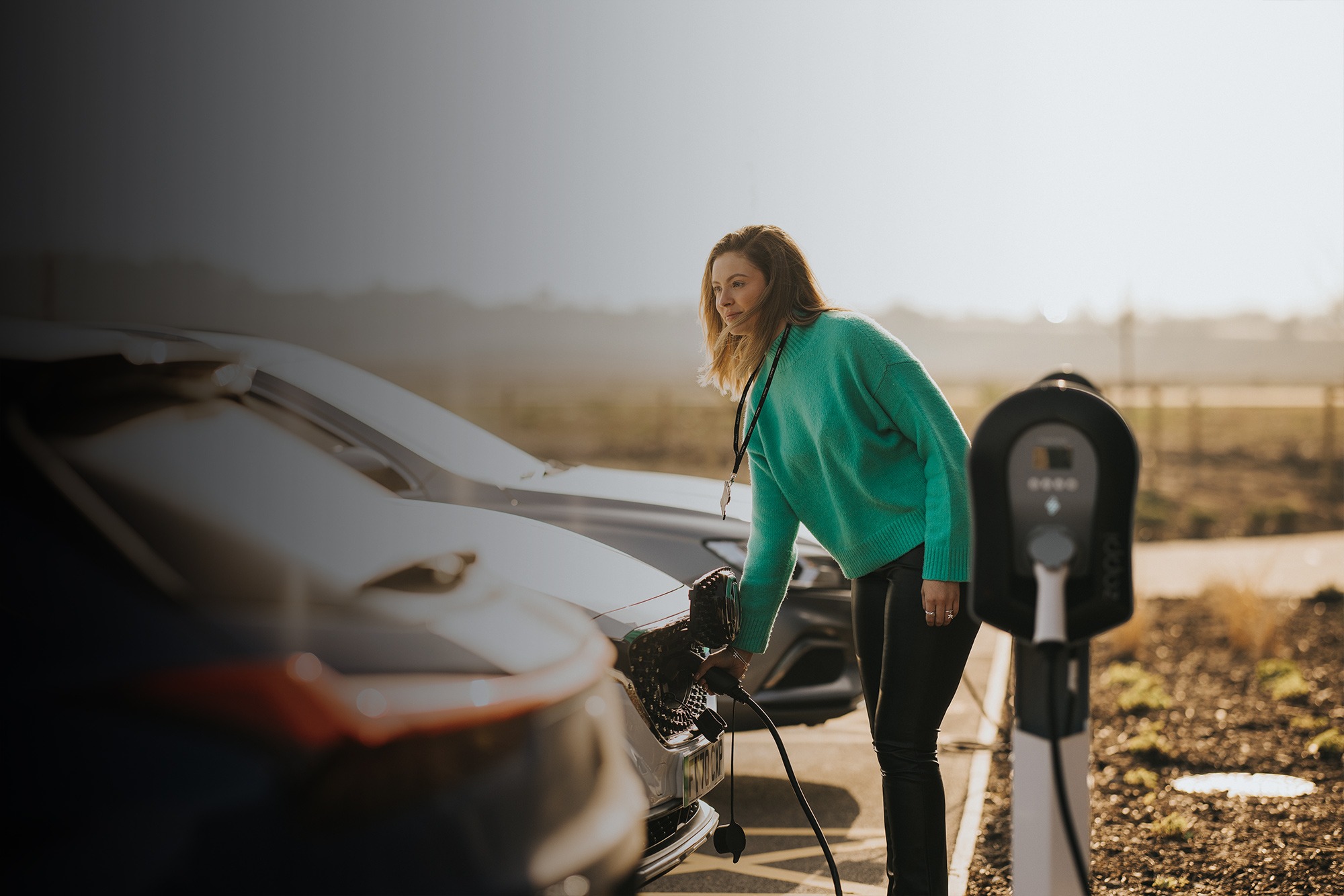Offices are closed. The roads are near-enough empty. Flights are grounded. Factories remain largely shut down. Coronavirus is leaving its ever-increasing imprint on the world as we know it. But how has the environment and wildlife responded to the spread of Covid-19, especially given that this is a zoonotic disease (transmitted from animals to humans)?
The human race is now in unfamiliar territory, treading new waters as we continue to struggle and fight against this new virus, but that which existed before us may now be returning to its once more peaceful existence.
It’s often easy to forget that we are just one of almost 1 trillion species that call this planet home. How Coronavirus has impacted wildlife and its affect on the balance of nature is becoming apparent.
While many of us are suffering tremendously and fighting courageously as a result of Covid-19, there are animals and wildlife that may in fact thrive from its impact.
British Wildlife & Coronavirus
Whether you’re seeing more rabbits in nearby fields on your daily run or the sound of birdsong has increased as you rise out of bed in the morning, some of you may have already noticed a difference in your area’s local wildlife since we, as a nation, entered lockdown.
“Whether it’s bird nesting terns and waders or small songbirds like the chiffchaff and willow warbler, the fact there will be fewer people out and about in the countryside walking their dogs and exploring different places may well decrease the amount of disturbance these birds may usually have to contend with,” the RSPB’s Martin Fowlie told The Telegraph.
Smaller British wildlife such as birds and mice are benefiting greatly from fewer numbers in the countryside, particularly as Martin says, due to less dogs running freely in and around their habitats.
The likes of skylarks and hedgehogs will no longer be forced to flee their nests and abandon their young as a result of dog walkers happening to bump into them. Some animals have even taken it upon themselves to take over the empty streets that were once filled with shoppers and tourists, as demonstrated by these wild goats in Wales!
The lockdown and quieter roads are also ensuring a much safer environment for critters such as foxes, blackbirds, pheasants, badges and toads, which often fall victim to becoming roadkill.
It’s not just the animals that are potentially gaining an advantage from less foot traffic in our beautiful rural landscapes, however. With fewer pedestrians walking through fields and footpaths, as well as less construction work taking place, once-disappearing wildflowers may now have more room to grow and thrive.
Learn more: The British Wildlife Species Enjoying Lockdown
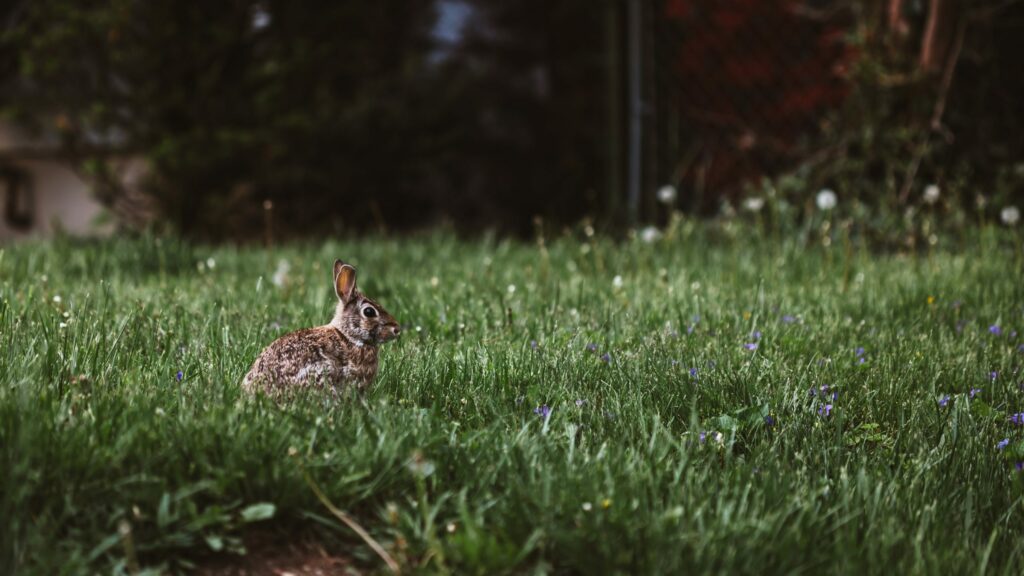
Coronavirus & Fish
Any pub or restaurant that has not been able to shift to a delivery-only service has been forced to close as a result of the coronavirus crisis. This means that there has likely been a drop in demand for seafood, which is reflected in the fishing industry’s struggle since the lockdown.
With social distancing near-impossible on a fishing boat, combined with the huge dip in demand from restaurants closing, the government has issued grants worth £10m to support suppliers.
But what does this all mean for marine life?
In the words of the Marine Conservation Society, the UK’s leading marine charity: “Our seas are under immense pressure: too many fish are being taken out, too much rubbish is being thrown in and too little is being done to protect our precious wildlife.”
Now that we are fishing less, and going to the beach less frequently, ocean wildlife has been assisted, or at the very least, become less threatened by the coronavirus lockdown. Thailand, for instance, has seen the largest number of rare leatherback sea turtles in two decades thanks to the lack of tourists on its beaches.
Elsewhere, Venice’s waters are now a clear blue with the rivers filled with “shoals of tiny fish, scuttling crabs and multi-coloured plant-life.” Dolphins have even been spotted in southern areas of Italy, which is one of the worst-hit nations for coronavirus.
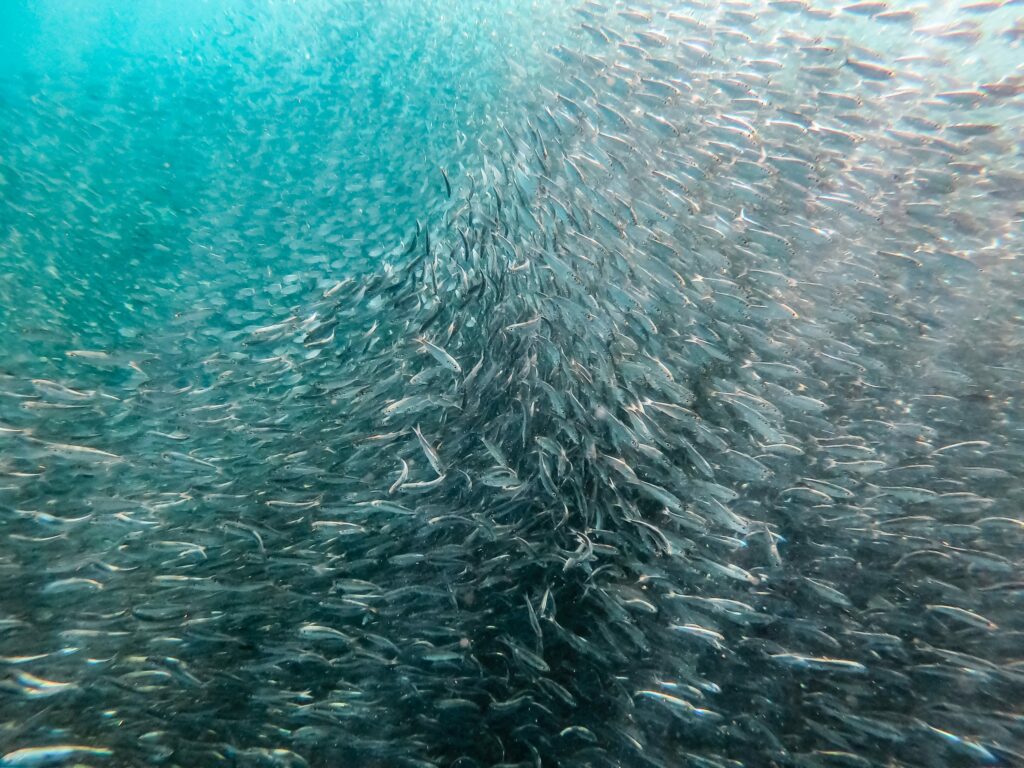
How have insects been impacted by Coronavirus?
Spring has now very much sprung, with the lovely smell of fresh flowers in the air and the days drawing to a close via brighter, warmer evenings. And now that our air has been made much cleaner due to reduced travel and economy activity, it is time for the bumblebees to shine.
Matt Shardlow, CEO of Buglife, told the Telegraph: “Reduced economic activity will reduce air pollution, which will help bees find flowers – exhaust fumes disguise floral scents – and reduce the current damaging eutrophication of grasslands, wetlands, heathlands and woodlands.”
As well as bumblebees, many more insects will be further protected by the lack of trampling feet across footpaths and pavements as a result of the covid lockdown restrictions.
Can animals catch Covid?
Coronavirus reportedly originated from a market in Wuhan, China, that illegally traded animals such as bats, snakes and marmots.
Recent studies have shown that 96% of the new Covid’s genetic makeup is identical to that of Covid’s in bats, with other research demonstrating that the genetic sequences of coronavirus in pangolin is extremely similar to the sequences found in humans.
This information – not to mention the recent news story of a tiger testing positive for coronavirus – proves that animals can in fact carry and catch Covid.
It’s important to note, however, that the pandemic has been escalated by human-to-human transmission, and WHO (World Health Organization) have stated that “there is no evidence that companion animals / pets such as dogs or cats can be infected with the new coronavirus.”
Coronavirus and the Impact on Wildlife
It’s not just in the UK and Europe that animals are reclaiming the places they once called home, with those who took over their habitats now spending most of their days self-isolating in lockdown.
Sika deer have been sighted in the streets and subway stations of Japan, while raccoons have been spotted on a beach in Panama and wild turkeys in California.
While some may argue that such animals are exploring new territory previously made inaccessible by human behaviour, others suggest some creatures’ new-found curiosity may actually be down to hunger.
Tourists at the national parks in which Japanese sika deer usually reside are known to feed the animals, yet with visitor numbers dropping and parks closing, these animals are now having to leave their usual surroundings in search of food.
Many animals are still exploring their new, largely human-free world, and thanks to social distancing rules, it may be some time before we can accurately report the changes in terms of the number of species and other measurable factors.
While the likes of fish and endangered bird species are thriving, others are under great threat as a result of coronavirus. Elephants in Thailand, for example, are battling starvation with caretakers struggling to afford food due to the lost income from a lack of tourism.
“If there is no support forthcoming to keep them safe, these elephants, some of whom are pregnant, will either starve to death or may be put on to the streets to beg,” Lek Chailert, founder of the Save Elephant Foundation, told the BBC.
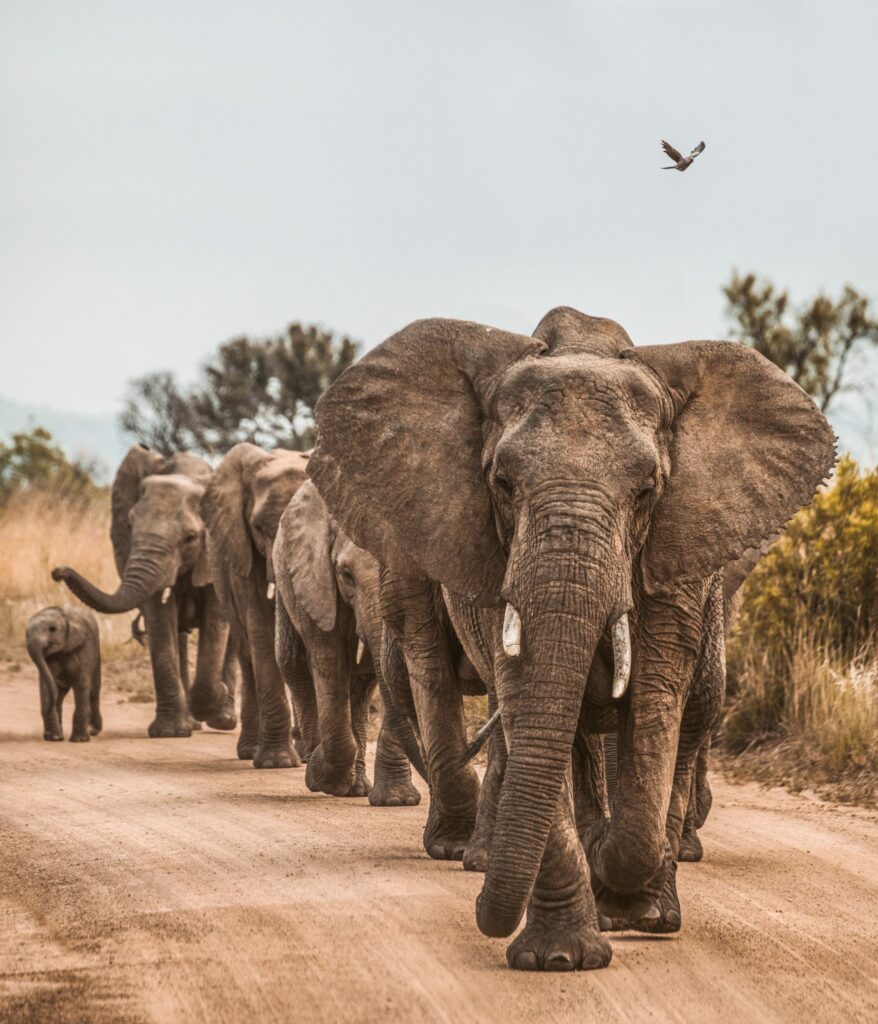
What if…
Conservation experts have labelled the coronavirus pandemic a “watershed moment for curbing the global wildlife trade”, after it emerged the virus likely originated from an illegal wild animal market. However, we at myenergi would like to go one step further. We hope that this is a watershed moment for the environment as a whole.
After all, taking a step back – be it forced or voluntary – can make all the difference in terms of gathering new perspectives. It can force us to realise something much bigger than ourselves.
We recently wrote an article about coronavirus and the environment in which we questioned whether or not this virus is mother nature’s way of getting us to stop, slow down, and consider the consequences our actions are having on the world around us, and the people and wildlife within it.
In such dark and scary times, we are seeing the greatest, kindest and bravest among us stepping up and being counted, and finally being recognised deservedly for their efforts. This is no coincidence.
It is in times of crisis when bridges are built and connections are formed, and while it is amazing to see such strong links forming between ourselves, we must also continue to work to rebuild the very same attachments to our environment.
Many animals are now thriving and our atmosphere is the cleanest it’s been in decades. This too, is no coincidence. The common denominator? Us.
Through removing ourselves (via lockdowns), we have seen mother nature reclaim what was once hers, and only hers. Our planet has been slowly dying since it welcomed us. As we’ve advanced and evolved our technology, business, travel, economics, and industry, the world has dwindled. Nature has dwindled. Wildlife has dwindled.
With every new technologically advanced plane yet another species has fallen; with every new revolutionary factory built, another alarming statistic about air pollution arrives, splashed across our screens as we book our next luxury holiday.
The dangers of coronavirus should not be taken lightly, and it’s heartbreaking to see so many families divided and shaken by tragedy as a result of the virus.
It’s absolutely crucial that we continue adhering to every restriction, guideline, rule, update and piece of advice released about Covid. Only then will the amazing people working so hard to withstand, protect us from, and beat it be truly rewarded.
We will get through this. But please don’t step backwards once we do.
The old ways were not only failing us, but also the world around us. Animals are dying; habitats are being destroyed, with our air filled with pollution, our streets and oceans filled with litter.
Don’t step or turn backwards. Instead, stride forwards and carry with you every lesson learned from these dark times to create a brighter future: every strength you didn’t know you had; every connection formed in the face of crisis; every new appreciation for the beauty of the world around us; the gratitude for our key workers and our loved ones; the solidarity we have shown in adversity.
Let’s stride forwards and save ourselves, our wildlife, and our planet. Let’s create the new normal.

